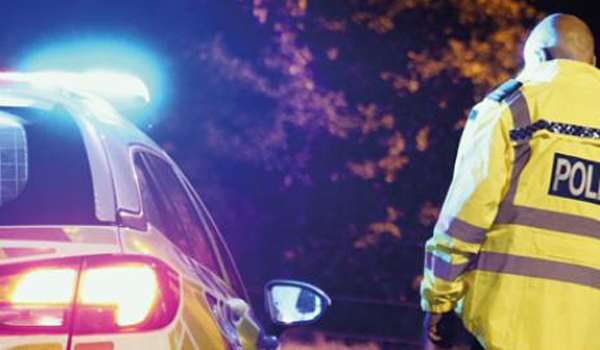More forces to pilot scheme to improve quality of investigations
A second cohort of police forces have joined a pilot scheme designed to improve investigative standards and deliver better outcomes for victims.
Following significant interest from the launch of the pilot of the professionalising investigations programme (PIP1) supervisors initiative in May, 16 new forces have joined the initial 13 to pilot the new training.
The training aims to improve the supervision and management of police investigations, equipping officers and staff with enhanced skills to oversee criminal investigations more effectively.
The College of Policing says this second cohort continues to show policing’s “ongoing commitment to improving investigative standards and supervision”, and to addressing His Majesty’s Inspectorate of Constabulary and Fire and Rescue Services (HMICFRS) recommendations and lessons learnt from numerous inquiries, including the Angiolini Inquiry.
HMICFRS inspectors found that investigators’ workloads were often too high, crimes increasingly complex, and many supervisors lacked necessary training and experience.
The PIP1 supervisors programme has been developed with sergeants using real operational challenges and experiences faced during investigations, equipping leaders to develop the knowledge and skills to embed an investigative mindset across their teams and create lasting improvements in the quality and outcomes of investigations.
The college says what is learnt and implemented from this programme will have “direct impact on improving outcomes for victims, holding offenders to account, and raising the confidence our communities have in our ability to deliver justice”.
Jamie Daniels, Crime and Criminal Justice Delivery lead, said: “The supervisor role is pivotal to the outcomes of investigations. As we launch our second cohort, we’re continuing to invest in developing the skills and knowledge supervisors need to solve crimes effectively and keep the public safe.
“Good supervision ensures consistent standards are met, experience is shared, and investigations deliver justice for victims while holding offenders accountable. This represents a significant advancement in our ongoing commitment to professionalising police investigations across all forces.”
The second cohort will continue the pilot approach, combining face-to-face learning alongside immersive ‘Hydra’ training scenarios that simulate real-world challenges faced by investigative supervisors. Content of the programme includes:
- The role of an investigative supervisor;
- Managing the investigation;
- Critical thinking;
- Outcomes of investigations;
- Victims and witnesses;
- Suspect management; and
- Custody and bail.
Following evaluation of both pilots, the college plans to invite all forces to implement this programme from May 2026.


